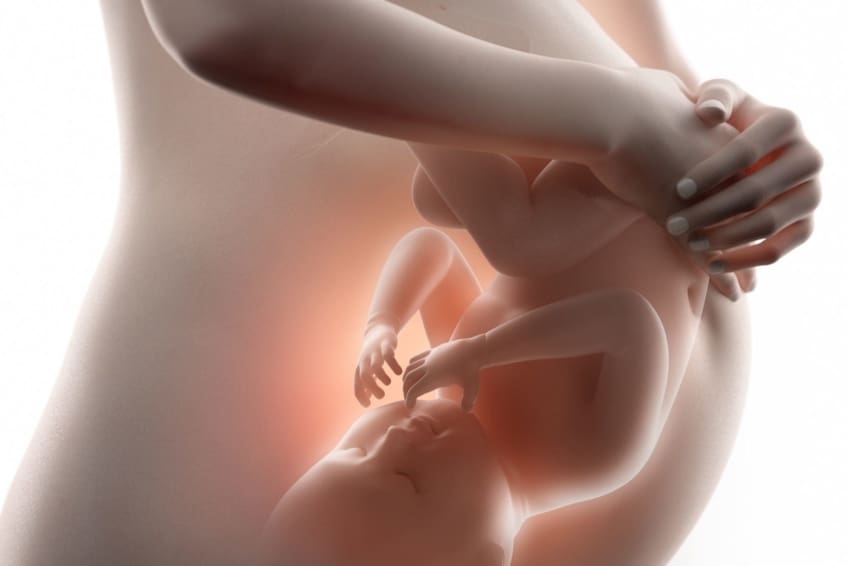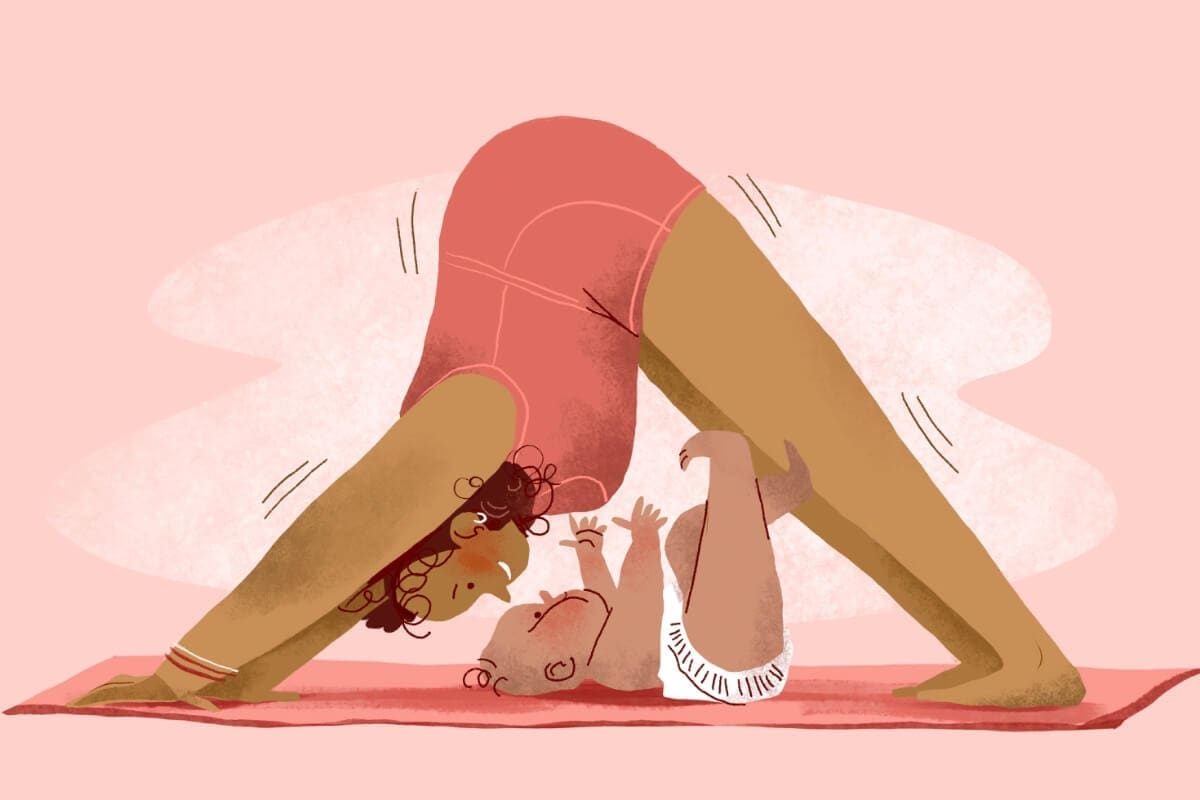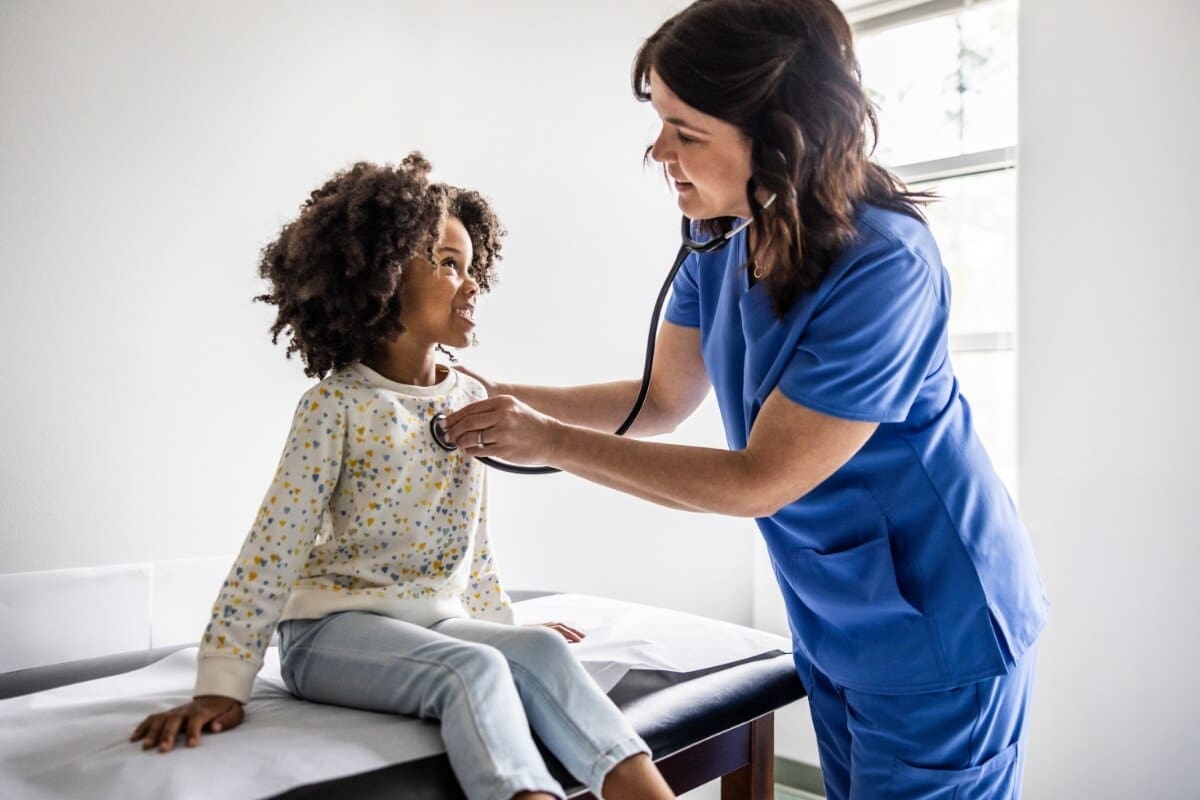
From the moment of conception to the time of delivery, your growing baby goes through several stages of development. By the end of the second trimester, all of your baby’s organs and body parts are present and working. The final part of your pregnancy is the third trimester. It is weeks 27 through birth. During this time, your baby grows and matures.
Path to well being
In the third trimester, your baby’s senses continue to progress. Your baby uses its senses of hearing and touch to learn about its body and your womb. They still can’t see much, though. Their eyes can detect bright light, but it’s too dark to see in the uterus. Your baby hears and knows your voice and may move in response to music. Your baby also starts to practice important movements, including grasping and sucking. They may even start sucking on their thumb.
Will I still feel my baby move?
You’ll feel your baby kicking, punching, and moving often in the early weeks of the third trimester. Later, as your baby gets larger, you’ll feel more stretches and rolls, and fewer kicks and punches.
As your uterus gets more crowded, you may feel your baby move less. If you think your baby is less active than usual, do a “kick count.” Keep track of the number of movements in one hour. If your baby moves fewer than 10 times in an hour, call your doctor.
How big will my baby grow during the third trimester?
As your baby grows, they add layers of fat to provide warmth after birth. The fat fills the extra space under the skin, making the skin less wrinkled. At birth, most babies weigh between 6 and 9 pounds. They are usually between 19 and 21 inches long.
Other highlights of the third trimester:
- By the end of the third trimester, your baby has eyelashes and eyebrows. They may have a full head of hair or be bald. Nails have grown to the tips of the fingers and toes.
- The white waxy substance and fine hair that covered and protected your baby’s skin has begun to fall off. You may see some of the leftover hair after your baby is born. Most of this usually is gone within the first few weeks of life.
- Most babies move to a head-down position in the uterus toward the end, with the head on the mother’s pubic bone.
- The lungs are the last major organ to finish developing. When fully mature, they produce a chemical that affects the hormones in your body. Doctors are not sure why labor starts, but this chemical may be one of the causes.
Things to consider
Will my baby be big enough to survive if they are born before my due date?
Your due date is an estimate. Only 5 percent of babies are born on their actual due dates. Your baby is “full-term” (not premature) if they are born during or after week 37. If this is your first pregnancy, your baby is likely to be born after your due date.
If your baby is born earlier, near the beginning of the third trimester, they are likely to survive. However, the longer the baby is in your womb, the better.
Questions to ask your doctor
- How much will my baby grow each week?
- When will my baby move to the head-down position?
- What should I do if I don’t feel my baby moving as much or at all?
- What are the signs of labor?
- Should I travel during this time in my pregnancy?
Resources
American Academy of Family Physicians: Changes in Your Body During Pregnancy: Third Trimester
![]()
Copyright © American Academy of Family Physicians
This information provides a general overview and may not apply to everyone. Talk to your family doctor to find out if this information applies to you and to get more information on this subject.










